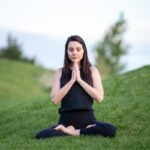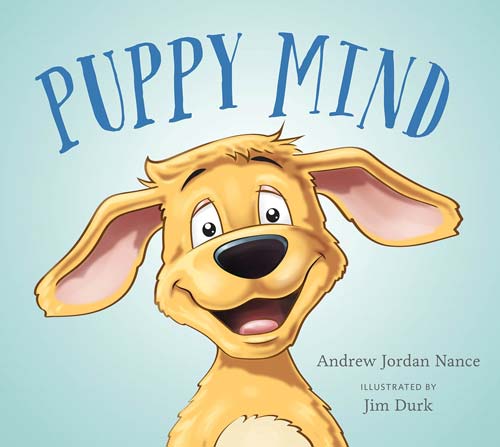Inquisitive minds often ask me how best to practice mindfulness. My answer is usually the same and usually takes the asker by surprise; “You are doing it right now”. Of course this prompts an “Am I?” type response.
Mindfulness is a life discipline derived from Buddhism and rooted in ancient Tibetan philosophy. But if one were to use this history as a starting point, the majority people would immediately see it as religious or overly spiritually and begin having preconceived notions as to its intention.
Mindfulness is and should be an extremely easy concept to understand. Not because it doesn't require a learning pathway of discovery and practice, but because it's already in our ownership.
Quite often we are practicing mindfulness without realising it. Many a time we are fully present, purposefully attentive and focused in the moment – essentially being mindful.
This could be when we're playing sport, teaching something to our children or perhaps writing like I am now. At this very moment there is nothing I fear. My thoughts are not being steered by past events, nor considering what problems I may face in the future. I am simply sitting here, engaged in this topic and explaining how to practice mindfulness.
My mind is centered; I am calm, assertive and fully aware of my purpose and task in this moment.
So the very fact that you are inquisitive about mindfulness, that you want to find out more, that you are open to learning something new, that you are present to move forward and expand your mind means you are already practicing.
This statement of course assumes that your intentions are sincere. Oftentimes we seek knowledge on a particular subject with a covert agenda, perhaps having some idea of what it's about already and wanting to challenge its basis through debate, or rubbish its premise based upon our past experiences and hard-formed opinions.
However, when it comes to mindfulness, those seeking a challenge are usually quite disappointed when they realise that it is secular and wholly positive to one's experience of the world.
Some people presume you need to be a Buddhist to practice mindfulness, which isn't the case. Sure, teachers often draw inspiration from Buddha's teachings and will quote him on occasion, but then many of the major religions teach mindfulness through specific scripture, too.
It should be noted, however, that Buddhism is not a religion but a way of life, even though in many countries it has been developed in ways that represent a religious order.
The point I want to make here is that mindfulness doesn't belong to one religion, group or single person. No teacher can be higher up in the order than any other, and no person's mindfulness is superior to any other person's.
We are all born with equal ability to live a life of mindfulness, yet it takes a pathway of self and earthly discovery and practice – through meditation and similar exercises of the mind – to cultivate the pure awareness that brings about its manifestation in everyday life.
Mindfulness is also a wholly personal experience, one that can't be guided by scripture or order. It can be introduced to a person by another who can explain its nature, purpose and intention, so to speak, but no one can dictate its blossom.
So you see, there isn't anything special you need to do to start practicing mindfulness today; no initiation, no ceremony, no commitment, no effort, no leader to follow, no person to worship, no teacher to believe, no ideology to accept.
Mindfulness is essentially about living life, on purpose, non-judgementally, with full attention in the present moment. It's about releasing the grasping and the attachment, the incessant desire for that which you do want and constant aversion of that which you don't.
Once you take those first few footsteps on this pathway, you'll fall awake into the world and truly feel reborn. No exaggeration.
Mindfulness is in the true living of life in the appreciation of the interdependent beauty of the world, in the caring and kindness towards others, in the nurturing of the self. Forget what you've heard, forget what people have told you, mindfulness is in the knowing not the assuming, in every aspect of life.
You can start now by simply taking a deep breath, putting one foot in front of the other, walking outside and opening your eyes.
Yes, your eyes are already open, I know. But I mean properly opening your eyes, as if you are seeing the world for the first time and feeling around to discover your place within that world. Even if you can only manage this awakening for a moment, you'll feel what a completely different place the outdoors is without your stress, worries, fears, anticipations, assumptions and judgements.
Of course, this is just the start of the journey, and as the rabbit hole goes deeper you will be presented with many challenges. For example, how can a person live mindfully in such a chaotic, judgemental, selfish, unjust world?
Well, dear reader, maybe, just maybe, if you can learn how, you can show someone else, and then they can show someone else…do you see what I am getting at here?




